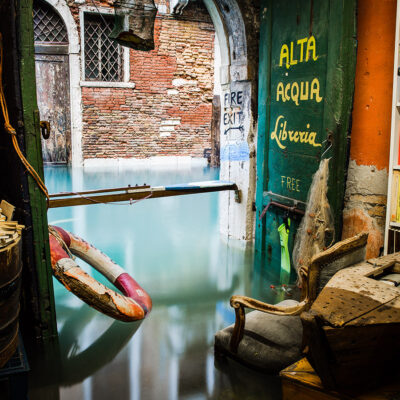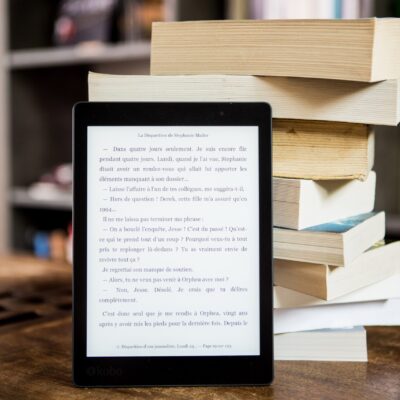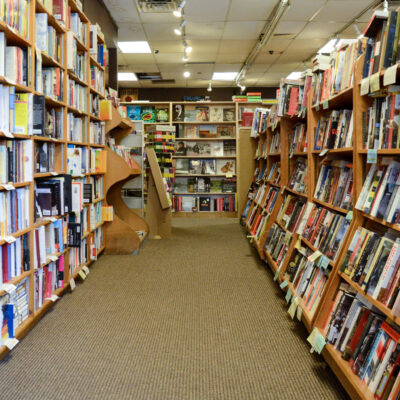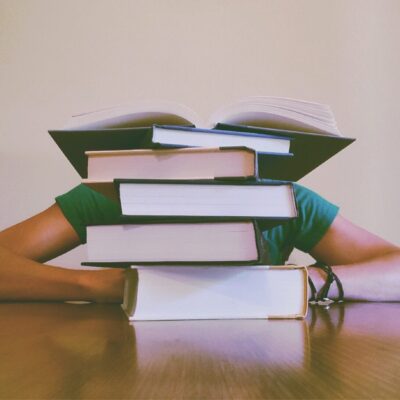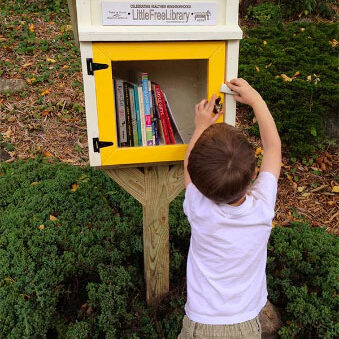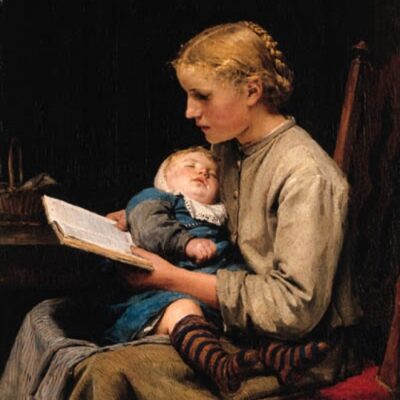And Then? And Then? What Else? by Daniel Handler
Daniel Handler is best known for A Series of Unfortunate Events and All The Wrong Questions, published under the pen name Lemony Snicket. In “And Then? And Then? What Else?” he shares that he writes “books about impossible things happening to children, illustrated like fiction, published as truth with a staged photograph of the narrator, rather than the actual author.”
“And then?” is not that kind of book. It is described on its back cover as “part memoir, part inspiration for aspiring writers,” but I would describe it as a treasure trove of theorizing, questioning, sharing of mistakes and misadventures, a little self-debating, maybe some self-debasing, more questioning and a whole lot of circuitous (circular? Whatever!) thinking which, at long last, reaches a logical (or illogical but still entertaining often over-the-top irreverent) conclusion (think “Curb Your Enthusiasm”). I offer just a piece of this hilarious hodge-podge.
I have never liked when authors say their books are like their children, especially after witnessing childbirth, which is clearly much more difficult than being copyedited. But books are in some ways like other people’s children. You rarely get to see them made, and then suddenly they are just gallivanting around and nobody can figure out whose responsibility they are. Looking at them, it’s difficult to imagine they could be any real trouble — they’re so little, even the big ones — but still sometimes it seems maybe somebody’s going to get hurt. I don’t believe literature can harm anyone, and I certainly don’t think any book causes trauma. But why don’t I? If I believe literature can heal, even save people’s lives, then it seems suspect to dismiss wholeheartedly any claim that this enormous power might somehow cause distress. [p. 181]
Handler introduces this opinion on potentially harmful words and actions in a chapter titled “Problematic” in which he begins by describing a summer fling which ends abruptly. The last interaction of the relationship is so worrying, he quickly dresses and flees for home, leaving the book he was reading behind. The fling leads to an exploration of what our culture considers harmful or ‘problematic,’ a word the author “always found funny because it just means someone has a problem with something.”
It is, of course, a problematic term, because it describes the entire human condition, which is to say it describes nothing. Everybody has a problem with something. We are all like people in that way. The removal of books by people with whom someone has a problem would lead to empty shelves. I don’t really need to say this, as it’s said whenever an author is deemed problematic who isn’t problematic to whomever is saying it. [p. 184-185]
The exploration of what our culture deems ‘problematic’ leads to thoughts on why we find a problem with some books in the first place. Is it because the author is not ‘woke’? Will the narrative lead the reader astray? In the end, the author provides this advice:
You may love the book; it may thrill you or make you sick, right in a row or even simultaneously. Books are like people this way. And if you find yourself feeling that the book is problematic, all that means is that you have a problem with it, and that’s easily solved. Leave the book behind, put your clothes back on, and go home. [p. 190]
Books entertain, inspire, reveal, or teach. “And Then? And Then? What Else?” does it all. I received it as a gift from Goodreads Giveaways and thank them as well as Daniel Handler and Liveright Publishing. You know how sometimes you meet someone and say later, “Jeesh, I’d hate to be in THEIR mind!” After reading this gift, I feel the exact opposite of that. Being inside Handler’s head while reading this wonderful work was a wild and crazy ride but I loved every minute of it!
Check Amazon for more on this book I love.


